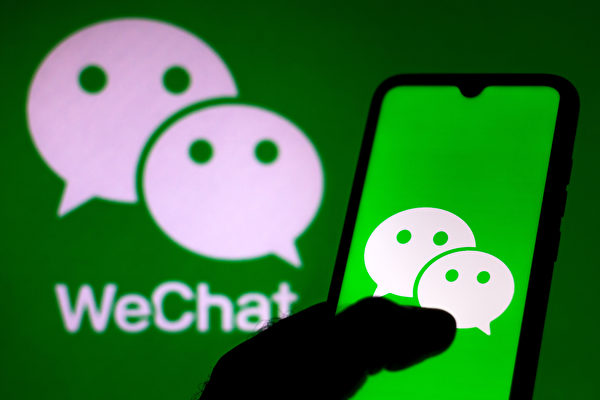In recent years, the Chinese Communist Party’s control over the internet has been gradually tightening, with the authorities frequently introducing measures to suppress the freedom of speech of netizens. The upcoming internet ID and certificate system, to be implemented by the CCP, is seen as the latest move to control the online discourse, drawing significant attention from the public.
On July 26, the Chinese Ministry of Public Security and Cyberspace Administration jointly released the “National Network Identity Authentication Public Service Management Measures (Draft for Solicitation of Comments),” with the feedback deadline set for August 25, 2024.
According to the draft, the CCP authorities are promoting a public service for network identity authentication under the guise of “security,” which involves providing internet IDs, certificates, and identity verification based on legally recognized identification documents for individuals.
The so-called internet ID refers to a network identity symbol consisting of letters and numbers that correspond to natural person identity information without explicitly revealing personal details. The internet certificate carries the internet ID and non-disclosure of natural person identity information, which can be used for verifying real identities in internet services and other fields.
The draft mentions that platforms requiring users to register with internet IDs and certificates include internet platforms, public service platforms, and the requirements for individuals aged over 14 years but under 18 years to apply for internet IDs and certificates.
Additionally, the draft repeatedly mentions “voluntary” in the context of the proposed network identity authentication system, suggesting that whether individuals apply for internet IDs and certificates is a voluntary act. However, it is unclear if internet platforms would refuse to provide services to individuals who do not have internet IDs and certificates.
The above developments have sparked significant concern and discussion among netizens.
Regarding the voluntary nature of the network identity authentication system, some netizens have cited titles of two articles to mock the concept of voluntariness: “Population Commission: China’s family planning policy is not compulsory” and “Choosing to get vaccinated against Covid-19 was voluntary, yet now complaining about side effects, the country did not require compulsory vaccination at the time.” One netizen commented, saying, “Only someone shameless could utter such words.”
Some netizens have explained that internet IDs and certificates serve the purpose of preventing doxxing. Even if internet platforms like Weibo or Douyin leak database information, users would only see encrypted strings instead of real names and ID numbers. However, these measures do not prevent insiders in public security systems from illegally using user data or selling private information.
Others believe that internet certificates and IDs could help avoid situations where real names need to be disclosed. However, they argue that the issues in China’s cyberspace stem not from unclear identities but from power imbalances and inadequate oversight. The rampant internet fraud and frequent data breaches are rooted in information inequality, with government departments being the biggest holders of information. During the pandemic, personal information leaks have been rampant, something ordinary netizens can hardly mitigate. Once unchecked, power can become an uncontrollable force, ultimately eroding everyone’s freedom and safety.
In recent years, the CCP’s tightening control over the internet has been evident, with the Cyberspace Administration frequently introducing rules that do not have a legal basis to constrain the freedom of speech of netizens.
During the Covid-19 pandemic in China, the CCP’s Cyberspace Administration issued the “Regulations on the Management of Internet User Account Information” in June 2022, citing some netizens spreading false information as the reason for the regulation, aiming to “safeguard ideological security” and “prevent and resolve national security risks.” The Regulations explicitly require internet user accounts and information service providers to strictly verify real identity information.
In March this year, the CCP’s Cyberspace Administration deployed special operations for the internet with 10 key tasks, including cracking down on the smearing of companies and entrepreneurs, and addressing the spread of “bad information” by netizens using misspellings, homophones, and slang.
Some netizens argue that while the CCP claims to act “for the people,” it actually strengthens its authoritarian rule under the guise of this pretext. In a straightforward scenario, if a number or website disseminates messages advocating against the CCP, it would be shut down by the authorities within two days (within the Great Firewall) or completely banned (from outside the Firewall). The essence of the CCP’s escalating crackdown on fraud is not only for showcasing power but also for increasing fines and confiscation of assets, while reinforcing authoritarian penetration.

